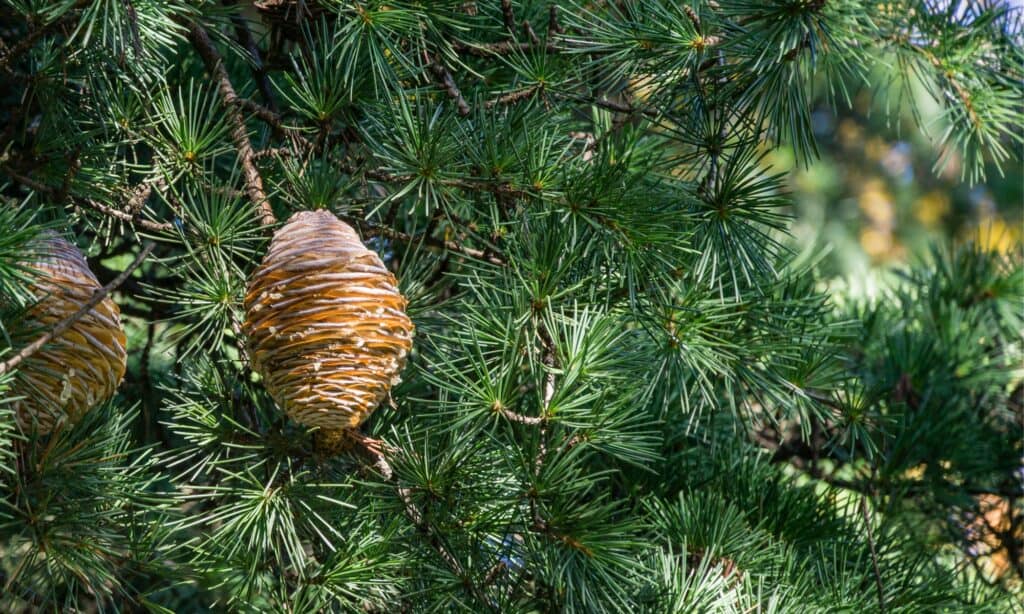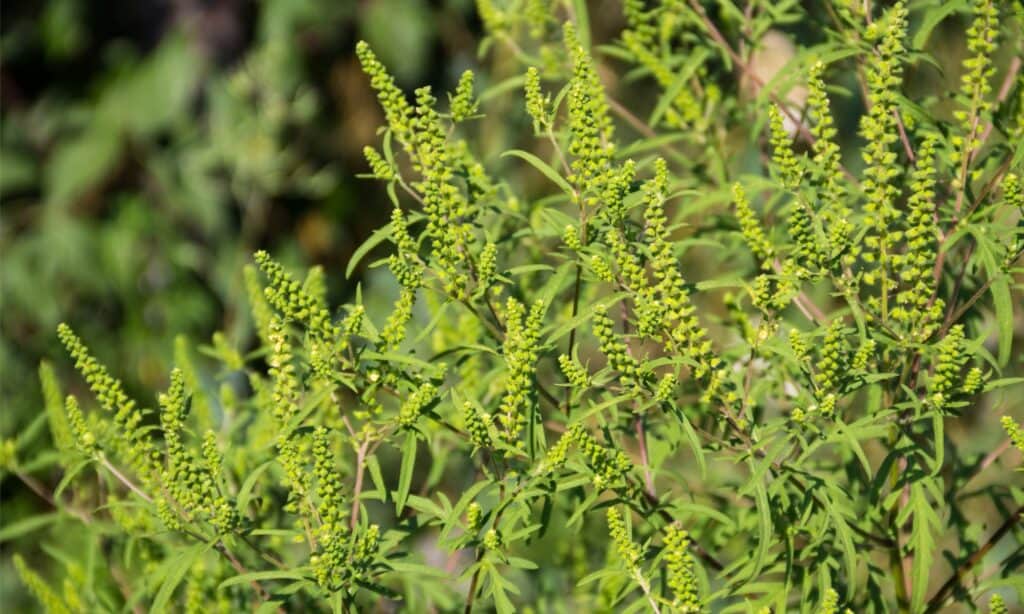While Delaware remains one of the smallest states in the United States, it goes big when it comes to pollen. Despite its low-lying elevation and proximity to the Atlantic Ocean, Delawareans still suffer big time during allergy season. But what is an average allergy season in Delaware like, and what plants cause an uptick in sneezing?
In this article, we’ll address everything you need to know about the Delaware allergy season, including the months that tend to hit the hardest. We’ll go over what plants cause the worst allergy symptoms statewide as well as when they occur seasonally. Plus, we’ll give you a few suggestions as to how you can best combat your seasonal allergies while living in Delaware. Let’s get started!
Delaware’s Allergy Season: An Overview

©Bo Shen/Shutterstock.com
While the Delaware allergy season likely isn’t as long as other locations in the United State, it peaks from March through June and tends to restart from August through October. However, your allergies will largely be affected by annual storms and temperatures, as cold snaps and winter weather can push allergy season back.
No matter what, the average Delaware winter leaves most plants dormant. The longer these trees and flowers wait, the more likely they’ll be to produce pollen en masse, erupting all at once and causing even the strongest Delawarean to suffer! But when do allergies typically start in this compact state, and what plants are the culprits?
Plants that Cause Allergies in Delaware (By Season)

While springtime is notorious for allergies, you can be allergic to certain plants and trees throughout the year. That’s why knowing your triggers and allergic reactions is key to combating them! Here are some of the most common plants and trees that cause allergies in the state of Delaware, as well as when they occur seasonally.
Spring
Did you know that trees are the primary cause of allergies during springtime, particularly in Delaware? For the most part, cedars, cottonwoods, sycamores, aspens, maples, and poplars bring most allergy sufferers to their knees in the months of March, April, and May. As the weather warms, Delawareans may also suffer from grass-related allergies, such as ryegrass, bermudagrass, meadow fescue, and redtop.
Summer
Given the temperate climate that Delaware experiences due to the state’s proximity to the sea, it maintains an allergy season during the summertime. Plus, pollution is typically at its height during this time of year, only exacerbating most allergies. While it isn’t as extreme as springtime allergies, many plants are still in bloom during the warmer months of the year (June, July, and August) including mustard, quackgrass, amaranth, alfalfa, and the infamous ragweed.

©iStock.com/OlyaSolodenko
Fall
There’s some relief from allergies at the very end of summer, but fall in Delaware brings more sniffles. This is especially true as the weather begins to turn and local residents have to contend with mold or mildew issues! Some of the most common plants and trees that bloom during this time of year (September and October) include Baccharis species, cocklebur, and smooth brome.
Winter
Typically considered a time of relief from allergies in Delaware, you may still suffer from certain plants. Delaware’s local climate makes it similar to Rhode Island in terms of its allergies: temperate weather means a longer blooming time for most plants! Some potential allergens during the months of November, December, January, and February include yellow dock, sheep sorrel, and various mold or mildew spores indoors.
How to Treat Allergies in Delaware

©iStock.com/frantic00
The most important aspect of allergy season is how to best treat and care for yourself during this difficult time of year. Delaware is no stranger to allergies, with an estimated 25% of residents statewide suffering season after season. In fact, many people who move to Delaware from other locations in the country report an increase in their allergy symptoms.
Here’s how to best treat your allergies if you reside in Delaware, no matter the season and cause of your symptoms.
Home Remedies
Sometimes, allergies can make it difficult to leave the house and go about your day-to-day life. plus, over-the-counter remedies or solutions from a doctor can be expensive. While they may not work quite as well as medication, there are a variety of home remedies you can try if you are suffering from allergies in the state of Delaware. Utilizing a humidifier or diffuser with essential oils can help relieve dry skin and stuffed-up noses.
It is also recommended that you shower more often during allergy season, as this will help remove any potential pollen or other contaminants from your skin and clothes. the same can be said for your children and pets, as they often bring allergies into your home when they travel in and out!
Medications
- Long lasting relief from allergy symptoms
- Non-drowsy formula
- Active ingredient is the antihistamine Loratadine (10 mg)
There are plenty of over-the-counter and prescription medications to consider if you are a serious allergy sufferer. Nasal sprays, antihistamines, and much more exist to help you if you get allergies in the state of Delaware. Keep in mind that some allergy medications can become harmful if used for too long, as your body builds up resistance as well as additional reactions to certain products, so make sure to do your research!
Prevention and Avoidance
At the end of the day, you can always utilize the avoidance method of allergy care. While it isn’t always realistic, many people find that simply avoiding their triggers is the best way of making it through allergy season alive. this may involve copious amounts of time indoors and away from blooming trees and plants, which may put a damper on your springtime plans. However, once you know what causes your allergies, avoiding those causes is always a good idea!
Up Next:
- Delaware’s 5 Best Bird-Watching Spots This Summer
- Discover the Coldest Place in Delaware
- 11 Native Plants in Delaware
The post Delaware Allergy Season: Peak, Timing, and Symptoms appeared first on AZ Animals.
from Animal News, Facts, Rankings, and More! - AZ Animals https://ift.tt/WfJIdsq
